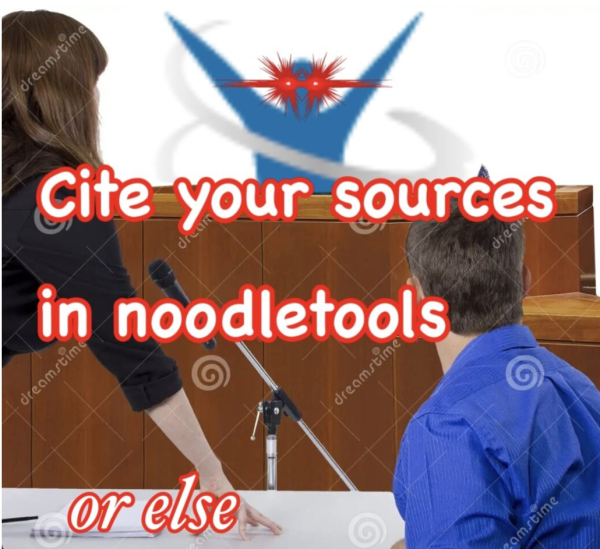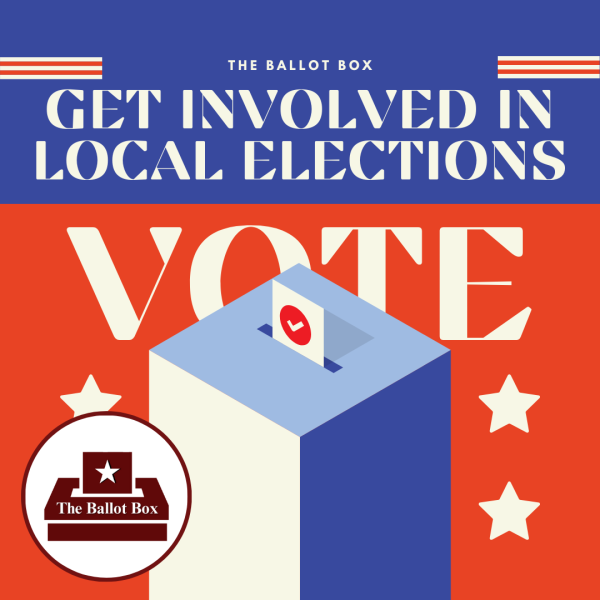Preaching to the Choir or Stepping in the Right Direction

Artwork published by The New Yorker. illustration by Maria Chimishkyan.
April 15, 2021
Amid times that cannot be called “unprecedented” enough, the world has been shaken by crises seemingly every other week. The repeated bashings of basic human rights and disasters has numbed us to even the most horrific events. To bring attention to these events, which constantly go in one ear and out the other, many contribute themselves to certain causes by posting about the injustices of the world or simply their take on certain world events. Objectively these posts do no harm. But many take issue with this now habitual posting after every world event. Some see this continual posting as a lazy way of involving oneself in world issues. And although it may be easy to denounce those who call criticism “racist” or “pessimist”, neither side is completely right nor wrong.
Despite the good intentions many of the posters have, the center of complaint from the opposing side revolves around the little good their posts do. In such a small form each respective post gets only a small response. And being that it is only a small percentage of posts one sees in a day, these posts are only briefly in one’s immediate attention and often are drowned out by the majority of posts which just as quickly fly by one’s feed. It does not help that it is usually the same five or six posts that are repeatedly re-uploaded under different users. Despite the powerful content a post might have, seeing it lazily put on someone’s story or timeline, with the press of a couple buttons undermines the nature in which it was originally meant to be seen. By commenting “prayers out to Lebanon, Yemen or Jacob Taylor” many criticize the praying as their prayers contribute nothing materially to their cause. Although accomplishing their goal of bringing attention to a certain issue, it is most often preached to a demographic who rarely does anything other than also acknowledge the issue.
Along with the lack of substantial contributions, much of this preaching is frequently in the name of the poster’s own self-benefit, rather than for the issue they may be promoting. As said by an anonymous source, “They just try to appear as though they are making a social change,” but in reality are just virtue signaling in hopes of seeming more righteous. And although this may be the case for some of the celebrities or students posting, it can only be speculated. Regardless of their intentions, many of those who speak out claim that the posters are just preaching to the choir, as none of the people or injustices in which these users denounce ever face justice by their peanut gallery-esc hands. As the posters call for change, they, themselves, and all those who they call to act, rarely do anything else besides commentate from the secure place they stand, speculating what someone should probably do about certain social matters. And although there is a great deal of people who have sacrificed more than their lives for certain causes, there is an even greater deal of people who contributed less than ten minutes to a cause, but have something on their story about it.
Undoubtedly the posting of social matters is easy. And as some see this as people being lazy, we have to take into consideration the times we are dealing with. With the immediacy of everything on social media, putting everything in a long format and a more in-person engagement will likely result in less of an audience. Although we like to think we will take the time to read every article or essay about everything going on in the world, the majority of us do not. And although it is noble to prove one’s dedication to a cause by protesting or bringing to knowledge via long format mediums, the percentages of those who will thoroughly read through or take part in the activism will be staggeringly less. By promoting a movement on social media and making it accessible to involve oneself, it allows a movement to cultivate a much larger following. And yes, although this does reflect the laziness of what we users have come to, it contrarily reflects the steps in the right direction we are taking. As Caden Cleffi stated, “I don’t think either side is completely right or wrong…but it is not like we can just flat-out stop just because a couple of people poked fun at us.” The change which these posts bring, albeit often inconsequential, are better for us to see or even slightly glance over than to be outright ignorant of. Instead of just mindlessly scrolling through sports highlights and other nonsense, users are looking at subjects that may challenge our way of thinking and showing them what is going on in the not-so-free world.
Although their point is often clouded by the vulgar language and ineloquent nature of social media, many of those who are speaking against the posters are looking to see more substantial involvement from those promoting change. Those outspeaking want to see people contributing time, money and their full presence to a cause, rather than just a couple of seconds of their screen time. Pages such as the Direct Relief (donations to the survivors in Lebanon), International Rescue Committee (donations to help against the humanitarian crisis in Lebanon) and the Black Lives Matter Website have easy, accessible forums for people to donate money, even if you do not have time. And if you do have time, websites such as Eventbrite show you where, when and what any protests near you may be promoting. Although the aforementioned websites are far more beneficial to those in need, posting on social media brings a certain awareness to these subjects in a way that the donation-oriented sites can not achieve. And despite the negative attributes these posts may hold or reflect, awareness is one of the last facets of protesting that can easily be spread during a pandemic and seemingly regressing world.






















Ian Sun • Apr 15, 2021 at 11:01 am
I appreciate your writing this article, and it’s really great! However, I disagree a bit. While just posting or reposting posts on social media is very lacking, we should take into consideration the amount of workload students are in. Many students simply don’t have the time to commit to something more than reposting on social media, as they have homework, extra-curriculars, clubs, and other things to attend to. In my opinion, I still think occasional reposting on social media is better than complete silence, no matter how marginal and little a difference it makes.
Still, if a student were to commit to change, that’s when simple reposting on social media is very lacking, and that’s when we do need much more from them.